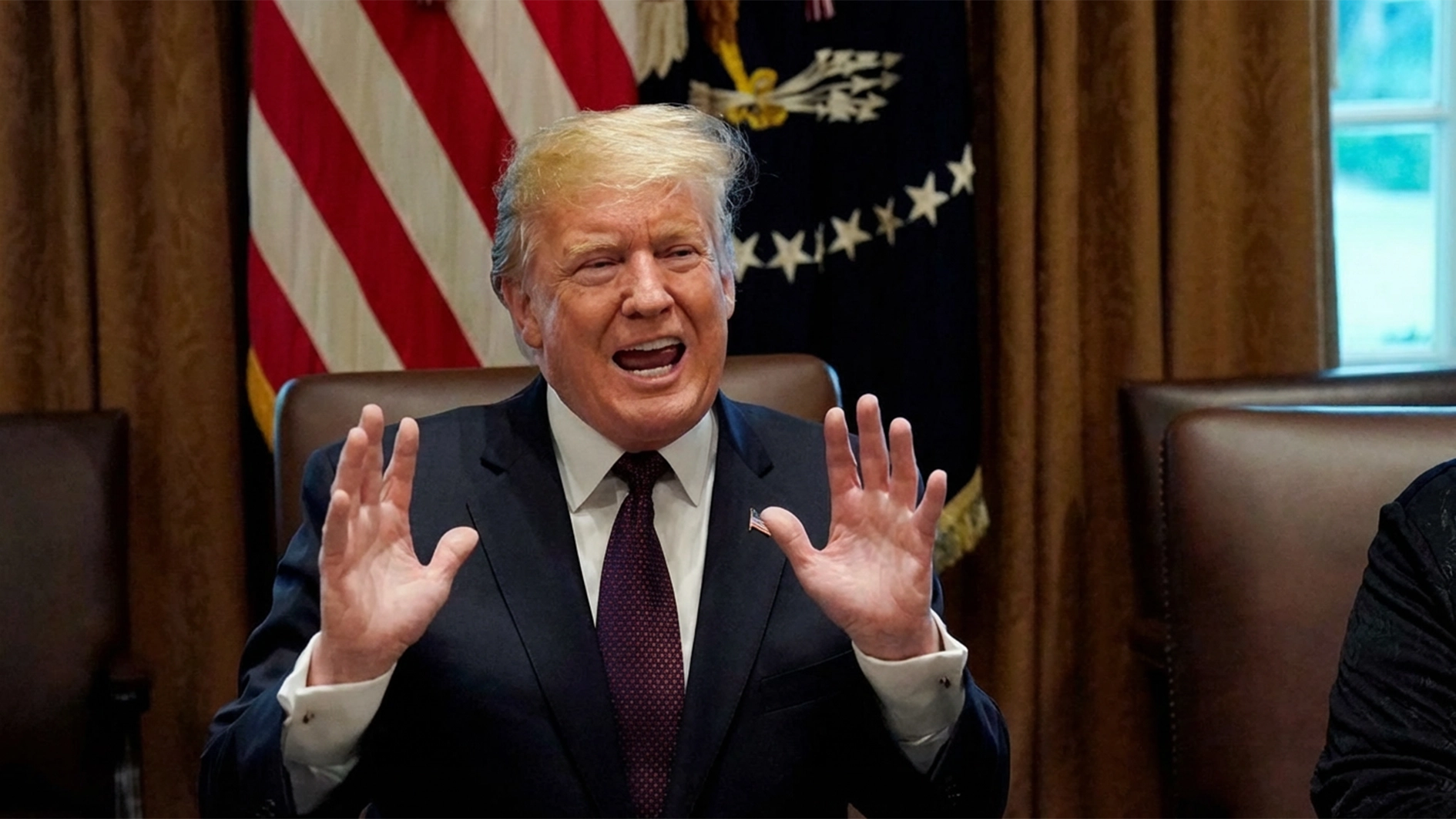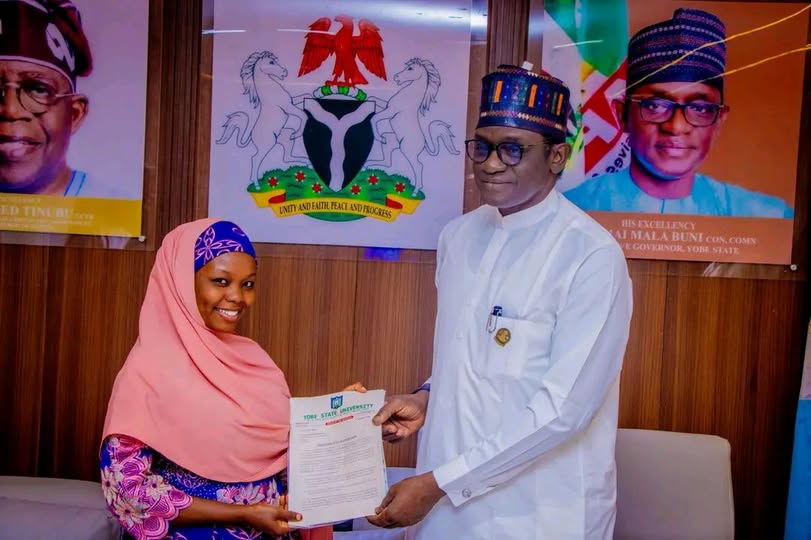
NNPCL shrinks importation as Dangote, PH refinery begin petrol sale in 15 days
Except the government provides slush funds as subsidy to retain the current fuel price, Nigerians may have to prepare for a further hike in the price of petrol as the Nigerian National Petroleum Company Limited (NNPCL)finally admitted its indebtedness to suppliers and its dire financial condition due to the cost of supplying Premium Motor Spirit (PMS), popularly known as fuel or petrol to Nigerians.
The situation remains dire as fuel queues have lingered, putting Nigerians under immense pressure, notwithstanding the high inflationary pressure on households.
Going by analysis from marketers, the pump price of the white products may hover above N1,000 per litre given that landing cost stands around N1,117 per litre, which is in the same region as diesel and aviation fuel.
Barely 13 days ago, the NNPCL had issued a press release denying owing international traders $6.8 billion in fuel debt, only for the state oil company to turn around yesterday admitting that the national firm is burdened by the debt it initially denied.
The Guardian gathered that while the debt is directly causing the scarcity of the products, the Ministry of Finance instructed the oil firm to reduce imports awaiting the output from Dangote Refinery which has been set for the 15th of September.
The Guardian also gathered that there are indications that the state oil firm is also preparing to begin production from Port-Harcourt Refinery later this month after a series of postponed deadlines despite the $1.5 billion spent on the refinery and over N272 billion salary for the refinery workers in the last four that the facilities have been shut down.
Indeed, the management of the firm along with investors, made a final visit to the facility on Tuesday 27th of last month with the hope of starting the facility this month.
Late last week, NNPC put up a notice on its website seeking to engage reputable operations and maintenance companies for the Warri Refining and Petrochemical Company and the Kaduna Refining and Petrochemical Company, stressing that it was to ensure reliability and sustainability to meet the nation’s fuel supply and energy security obligations.
In a statement issued 18th of August and signed by spokesman Olufemi Soneye stated: “NNPC Ltd. does not owe the sum of $6.8 billion to any international trader(s). In the oil trading business, transactions are carried out on credit, and so it is normal to owe at one point or the other. But NNPC Ltd., through its subsidiary, NNPC Trading, has many open trade credit lines from several traders. The company is paying its obligations of related invoices on a first-in-first-out (FIFO) basis.”
Yesterday, another statement from the company and signed again by Soneye said: “NNPC Ltd has acknowledged recent reports in national newspapers regarding the company’s significant debt to petrol suppliers. This financial strain has placed considerable pressure on the Company and poses a threat to the sustainability of fuel supply.
While sources had told The Guardian that the development may push the oil firm, which is already heading towards bankruptcy to consider an upward review of pump prices, the company in the release said, in line with the Petroleum Industry Act (PIA), it remains dedicated to its role as the supplier of last resort, ensuring national energy security.
The company said it was collaborating with relevant government agencies and other stakeholders to maintain a consistent supply of petroleum products nationwide.
Yesterday, petrol stations across Lagos and Abuja and other major cities were shut down while tank farm owners are also counting their losses with most awaiting the local refinery to come on stream.
On Awolowo Way in Ikoyi, AP and NNPC Retail outlets that were dispensing fuel had long queues as well as the NNPC Retail outlets on Alfred Rewane Road.
While Northwest Station in Gbagada was also seen with long queues as motorists spent hours in the queues, as some marketers told The Guardian that the state oil firm had kept them in the dark.
Some of the marketers told The Guardian that they had not been able to predict the move of the state oil firm but that they were aware that pump prices would go up amidst the prevailing realities.
President of the Petroleum Products Retail Outlets Owners Association (PETROAN) Billy Gillis-Harry had told The Guardian that NNPC may be hiding critical information on the prevailing situation.
“No product. NNPC is only rationing,” Gillis-Harry said, adding, “They are battling with something that they have not been to explain to us. “
He noted that the retailers have not been able to service bank loans and can’t pay salaries, stressing that they are only expecting Dangote Refineries to change the situation.
Sources at the Depot and Petroleum Marketers Association of Nigeria (DAPMAN) told The Guardian that almost all the depots in the country are out of PMS and some only received one cargo in the last 18 months.
In Abuja, the fuel queues that started about two months ago did not disappear but paved the way for black marketers to deface the city against the provision of the PIA.
Most the black marketers are already selling a litre for about N1,500 queues across the city, especially at NNPC outlets remained unabated.
While President Bola Tinubu said subsidy is not being paid on PMS, the Minister of Finance and the Coordinating Minister of the Economy, Wale Edun, who had disclosed that subsidy in 2024 alone would stand at N5.4 trillion, revealed earlier this month that NNPC asked for a refund of N4.71 trillion from the Federal Government to cover outstanding debts used to import petrol into the country.
Going by the explanation of Edun, petrol subsidy is monthly average around N500 billion monthly and standing at N4.7 trillion as of June this year and may stand at N7.7 trillion by the end of the year against N6.7 trillion that the state oil firm has made in the last four years.
The debt from subsidies, broken down on a month-by-month basis shows that an outstanding balance of N1.18 trillion increased to N1.24 trillion in August 2023, N1.3 trillion in September 2023, and N1.51 trillion in October 2023. By November, these claims increased by N570 billion to N2.08 trillion and by another N550 billion to N2.63 trillion in December 2023. The figure increased to N3.19 trillion in January 2024, N3.29 trillion in February, N3.55 trillion in March, N4.02 trillion in April and N4.29 trillion in May and N4.71 trillion as of June 2024 and may stand at N7.7 trillion by December.
Speaking on subsidy payment, renowned energy expert, Prof Wunmi Iledare said it is difficult to deceive oneself even if one deceives others, adding that stakeholders understand the truth.
“For it is difficult to claim or proclaim there is zero subsidy for PMS when the price of PMS remains about 50 per cent of diesel at the pump. Using the supply of last-result provision in the PIA as the basis for NNPC to under-recover PMS landing cost does not make economic sense.
“Let me also say no rational economic being leading a nation of promise with the potential to represent a race will gladly subside PMS consumption at the expense of education, health, energy and physical infrastructure. It just does not make sense to me as a rational economic being,” Iledare said.






